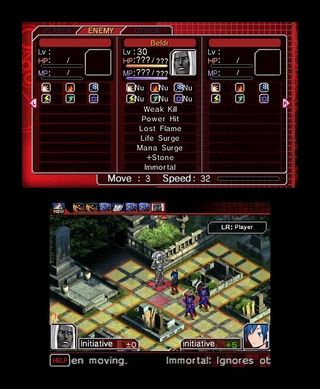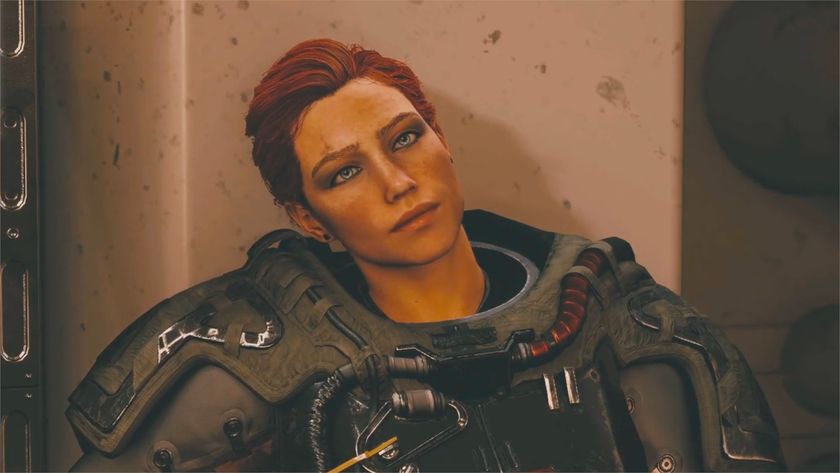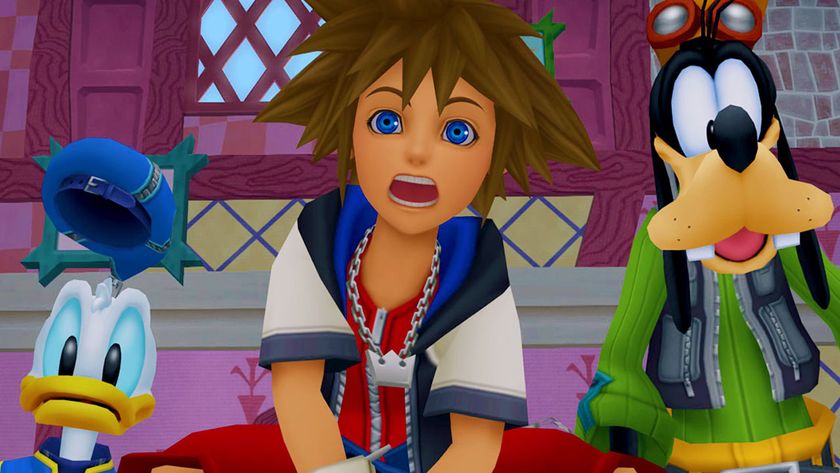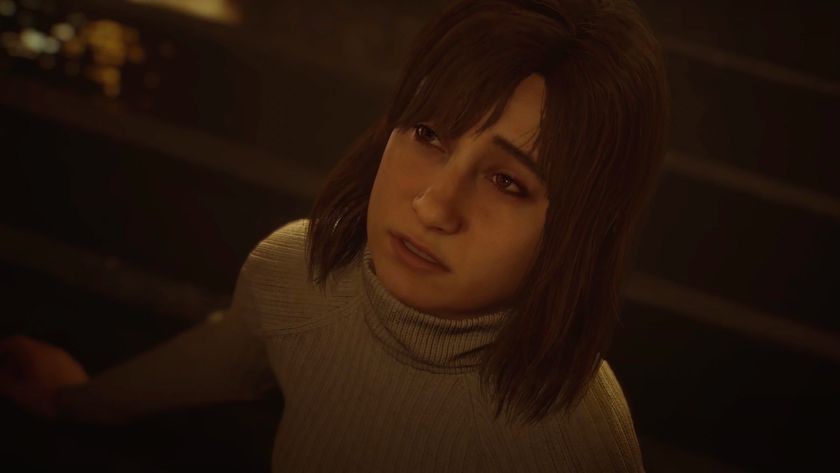Want to save the world in 7 days? Play Devil Survivor

I’ve been a JRPG fan since I first booted up Dragon Warrior on the NES, but I didn’t give Shin Megami Tensei a chance until the early 2000s. I first dove into SMT III: Nocturne and Devil Summoner, and loved how apocalyptic dread and demonic imagery mixed with the monster collecting gameplay that Pokemon made famous. Then my love for SMT was taken to new heights when I was engrossed by the high school drama of Persona. However, despite my enjoyment of those sub-series, when people ask me for a good place to start with Shin Megami Tensei, I don’t suggest any of those games. I direct them to Devil Survivor, a DS/3DS release that shares qualities spread over the many sub-franchises in SMT while simultaneously carving out its own identity.
Many Shin Megami Tensei games often have post-apocalyptic settings, but Devil Survivor is one of the few where the end of the world is currently happening. Set in present day, you control a group of Japanese teenagers that get stranded in Tokyo during a blackout, a crisis caused by demons crossing over into reality. Heaven and Hell have decided to battle over humanity’s fate in the middle of Tokyo, and humans are stuck in the middle, searching for some way to survive. If that wasn’t enough tension, the government is keeping everyone quarantined in the city in an attempt to contain the chaos. And only the young protagonists seem to have a plan to prevent the end of the world over the next seven days.
The characters grow and change over the complex story of shifting loyalties. I got particularly attached to wannabe hacker Atsuro and the tragic street musician Haru. They, like the rest of the cast, change throughout the branching story, developing (and in some cases dying) based on your choices. The effects of your decisions can have a big impact on the plot, making each player’s experience more unique and expanding the replay value of a game that will like take you 50 hours to beat the first time around.

Meanwhile, the tactical strategy gameplay feels fresh for the series but will be familiar to anyone that sunk weeks of their lives into Final Fantasy Tactics and Disgaea. The isometric camera holds back and characters become pieces on a chessboard for you to control. It still feels like classic SMT combat, but it plays out in deeper ways, adding particular importance to what demons are equipped to which characters. If you’ve never played an SMT game before, Devil Survivor works as great introduction to SMT’s particular brand of monster collecting and battling.
The most addictive aspect of collecting the demons is the complex fusion system. Your monsters get stronger by leveling, but they grow even faster by combining to create a brand new creatures. Experimenting with combinations pays off with increasingly strong demons, and you can end up with an elite squad if you’re particularly choosy with what traits you pass on. By the end of the game you’ll be an expert in fusion, a useful skill you’ll reuse in every SMT game from then on.

The original release for the DS is worth picking up, but if you’ve got a 3DS, Devil Survivor: Overclocked is the superior version. It adds a 10 hour epilogue to the game and full voice acting for every character in the game. It’s one of the deepest experiences you’ll find on 3DS, and very recently it became downloadable on the eShop, so you don’t even need to hunt down the game at retail. And once you’ve finished this, you’ll be ready for anything else in the weird world of Shin Megami Tensei.
Want to develop a sense of empathy? Play Metal Gear Solid 2!
Sign up to the 12DOVE Newsletter
Weekly digests, tales from the communities you love, and more
Looking for stuff to play outside of the stuff we already tell you to play on a daily basis? You're in luck! Every Saturday we'll recommend an older game for you to check out, complete with a story on how we found the game and why we recommend you play it.
Henry Gilbert is a former 12DOVE Editor, having spent seven years at the site helping to navigate our readers through the PS3 and Xbox 360 generation. Henry is now following another passion of his besides video games, working as the producer and podcast cohost of the popular Talking Simpsons and What a Cartoon podcasts.

Starfield could release on PS5 with a second expansion this year according to Xbox insiders, but it was reportedly originally meant to launch with Shattered Space

Kingdom Hearts 4 director rears his head 1,085 days after the JRPG's reveal to share a potentially crucial piece of fruit lore that baffles even Square Enix











